She-Hawks bake sale leads to heated reactions
Wage inequalities reflected in prices raises awareness
The She-Hawks charged lower prices for white women, transgender women, black women and men, latina women and men, and disabled women.
June 21, 2016
The She-Hawks bake sale promoted wage-equality through practicing price discrimination, which simultaneously provoked both negative and positive reactions on May 11.
The Message
While the straight, cis, hetero, white male paid one dollar for a baked good, marginalized groups were charged lower prices for the same product. Specifically, the She-Hawks levied lower prices for white women, transgender women, black women and men, latina women and men, and disabled women. The prices were representations of pay imbalances based on statistical research conducted by club members.
The She-Hawks intended to start a school-wide conversation on gender inequality by representing wage discrepancies women and minorities face in the workplace compared to white men.
“Our main goal going into it is to have people talk about the wage gap, which isn’t often discussed, especially in a high school,” She-Hawks president and senior Emma Cadman said. “But a lot of dissenters don’t understand what our goal was. I think a lot of people think that we were fighting fire with fire or not proving the point. Our goal is to exemplify inequality. It’s an optional bake sale, so it’s not like we’re enforcing it.”
All profits made from the event were donated to the WAGE Project, which stands for ‘Women are Getting Even.’ According to the WAGE Project’s website, the organization strives to end discrimination against women in the American workplace in the near future.
Dissenters
While sophomore Harry Abbott, a dissenter at the event, was open to discussions on the wage gap, he disagreed with the way in which the She-Hawks spread their message.
“I don’t like it because it was done out of ignorance, and it was for the most part racist and done poorly,” Abbott said. “They started the wrong discussion and did it the wrong way. No one’s talking about the wage gap because for one, it probably doesn’t even exist. They started more of a discussion on maybe if the school should have stricter limitations on bake sales.”
Despite protests, Principal Tom Mead will allow for the bake sale to continue in future years, provided that it remains civil.
“I don’t really have any kind of problem with what they’re doing, because I think it is an important question to bring up,” Mead said. “The noise that’s associated with that in terms of the response that they get is a welcome sign that they’ve made their point. My conditions are really around keeping that argument and debate not under control so much as following the common courtesies and regard that people should have for one another. If that gets out of hand, then I have a problem with it.”
Like Abbott, sophomore Ali Saeed believes the She-Hawks should have spread their message in a manner that did not heighten tensions.
“I think they demonstrated the wage gap pretty well, but they could’ve executed it better because it ended up pissing everyone off,” Saeed said. “It just seemed like segregation all over again.”
Yet English teacher Seth Czarnecki felt dissent from students like Abbott and Saeed was necessary to spark the discussions the She-Hawks hoped to create.
“I think that some agitation helps to advance a good cause,” Czarnecki said. “I think that the bake sale will agitate and open people’s eyes to that issue so that we can advance that cause so we can actually reach a place where everybody’s paid based on qualifications rather than their gender identity, their sexuality, their race.”
The She-Hawks Response
Freshman Sydney Rosenthal, a member of the She-Hawks, believed that dissenters failed to see the bigger picture.
“The issue here is people’s livelihood,” Rosenthal said. “It’s supposed to be illegal. That’s the whole point. They were telling us it’s price discrimination. Well, it’s supposed to be.”
When people vocalized the inequality of prices, She-Hawks adviser and English teacher Monica Grehoski recognized an irony in the bake sale dissension.
“People who were upset at the difference of pricing were very vocal about how unfair it was and how it doesn’t make any sense and it’s so discriminatory and that’s right,” Grehoski said. “They are violently agreeing with us, that is the point, that it’s not fair. Imagine if you were making less money for the same job a man is doing because you’re a woman. Imagine if that’s your life wage and you’re trying to raise a family and there’s no reason for it and no valid justification.”
Likewise, Czarnecki also believed that the event made an abstract issue concrete.
“When you hear that women make 77 cents to the dollar, you think ‘oh, that’s unfair,’ but you don’t really know what to do with that,” Czarnecki said. “But when it actually affects you at the checkout line, I think that makes it more real and immediate. So I think it’s an effective technique.”
“How do you bring about equality? You show people how unjust inequality is,” Grehoski said. “That’s the point.”
Still, Saeed believed placing price labels on students and faculty generated unhealthy agitation.
“You’re literally putting a label on people, like ‘If you’re this, this, and this, you’ll pay this, and if you’re this you pay that,’” Saeed said. “We’re all human. Why not just pay the same?”
Conversely, senior Danny Fier, a member of the She-Hawks, did not mind paying more in order to spread the message.
“As a straight, white, cis male, I was more than happy to pay a dollar because I understand what it’s about,” Fier said. “According to societal standards, when I’m older, I will be making more. I’ll have that excess of money to pay it even. It’s supposed to be unfair to illuminate what’s happening in society and to show that it is a problem.”
Not Representing all Minorities
Saeed, who is of Pakistani descent, felt unrepresented on the list of minorities who were charged lower prices for baked goods.
“I was not on there. I was like ‘What, I don’t exist?’” Saeed said. “Just not being recognized as a person was like ‘Are you serious? At a school?’”
“It was a smart idea to include the other minorities; at the same time, it just created another room for a discrepancy to happen with another minority to be left out,” Fier said.
Cadman recognized and apologized on behalf of the She-Hawks for being unable to represent every minority facing wage imbalances.
“A lot of people were mad that we didn’t represent everybody and we’re apologetic for that,” Cadman said. “But also the point was to prove that there was lesser values, and I think people were mad that we put that up there in the first place. People don’t understand; they thought we were putting dollar amounts on people. In any career, you have to put a dollar amount on a person. We’re sorry we didn’t include everybody, but we did our best to get as many stats as we could.”
Starting the Necessary Conversations
Fier had hoped the bake sale would initiate students to be more open to debate and disagreement. The club invited dissenters to discuss their opinions at their meeting following the bake sale.
“Everybody was all talk. Not a single person showed up to that meeting,” Fier said. “Algonquin could benefit from listening to what others have to say instead of trying to assert their own opinions.”
Junior Alex Cosentino, a member of the She-Hawks, believed the resulting anger equated to a lot of misunderstanding. Cosentino wished to have an open discussion with dissenters to better understand their positions.
“I want to know what they thought was wrong and how they thought we could have done it better,” Cosentino said. “And I would want to tell them that this is a problem that affects people everywhere. It’s something that if we’re all knowledgeable about, we can make a difference. But if none of us are knowledgeable about it, it’s not going to do anything for us.”
Grehoski believed some of the dissent and lack of communication could have originated from the stigma associated with the word “feminism.”
“I think using anger to help the movement is ideal, but probably not practical, especially because feminism is still such an offensive term to people,” Grehoski said. “Kids will often say ‘I believe in equality, but I’m not a feminist.’ They just don’t want to have that title associated with them.”
In the future, the She-Hawks hope to continue with the bake sale and engage in other events to raise awareness about issues facing minorities.
“If you disagree with what we did, you should also disagree with the wage gap,” Cadman said.

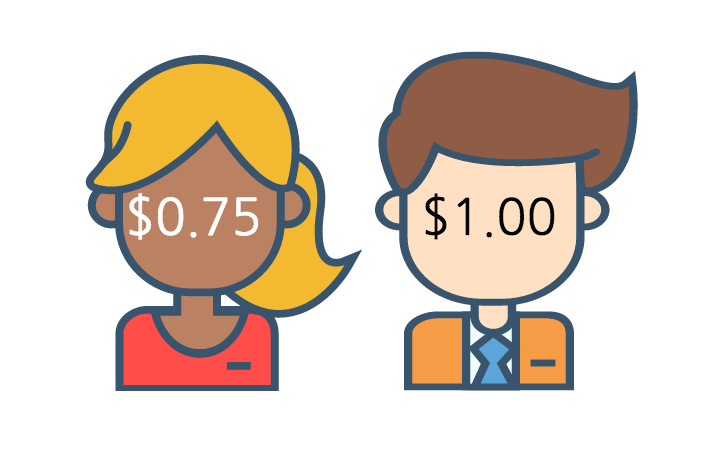
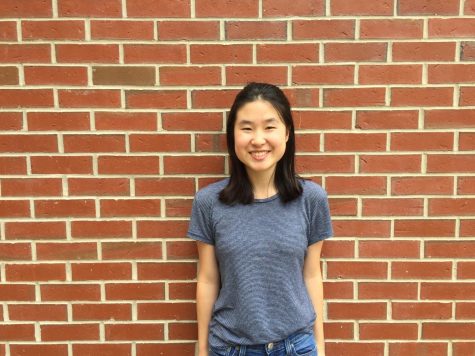
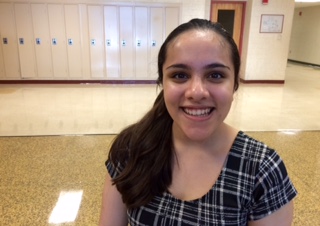
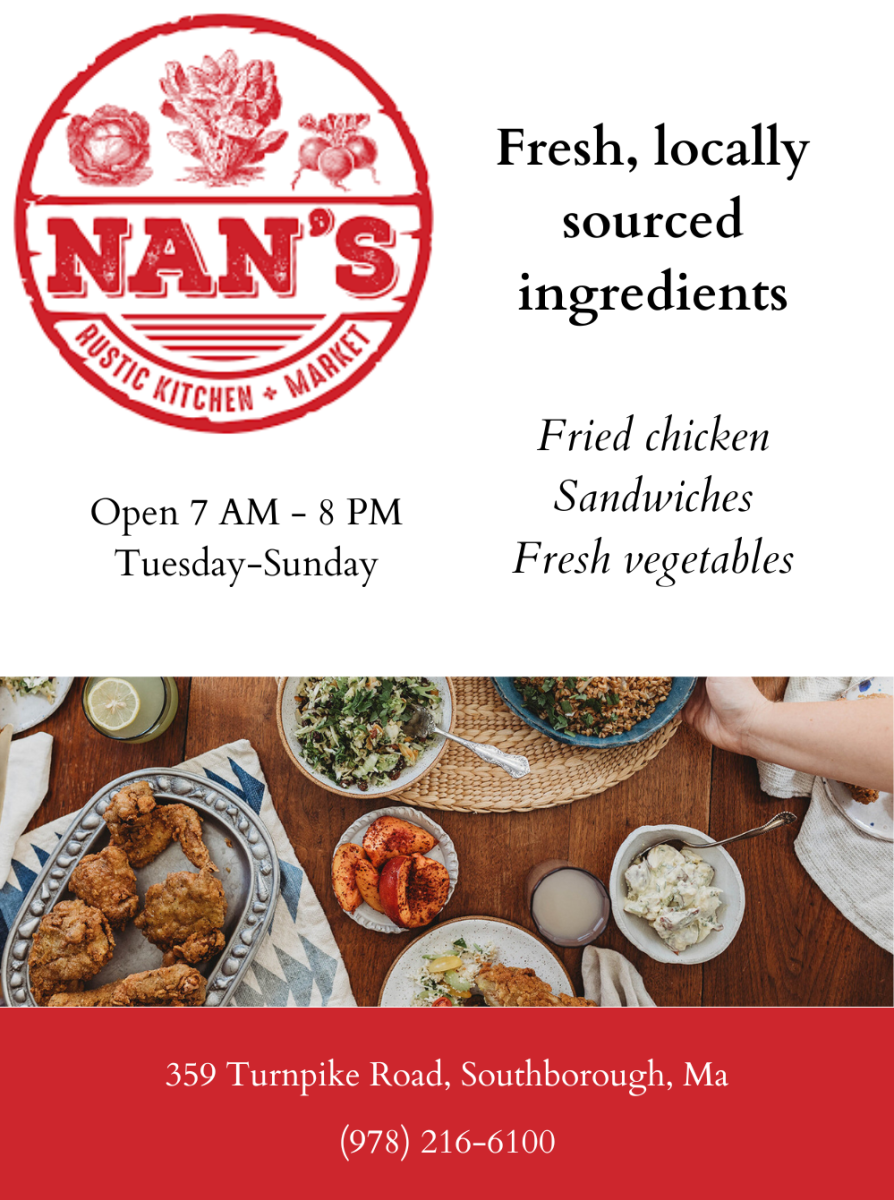










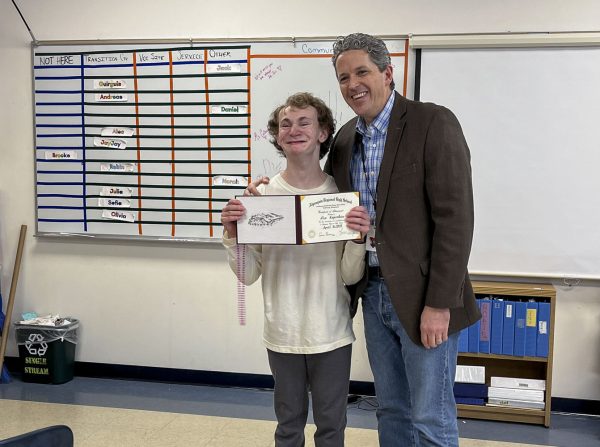
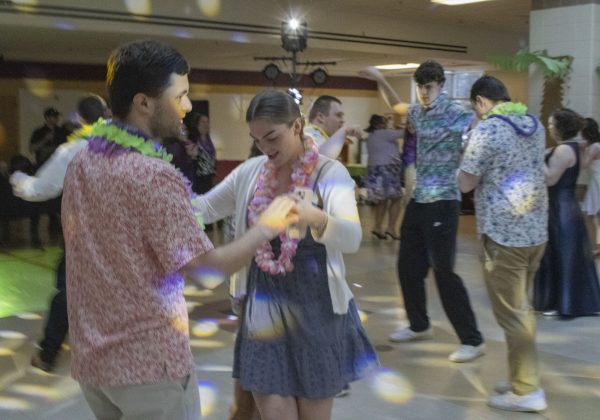
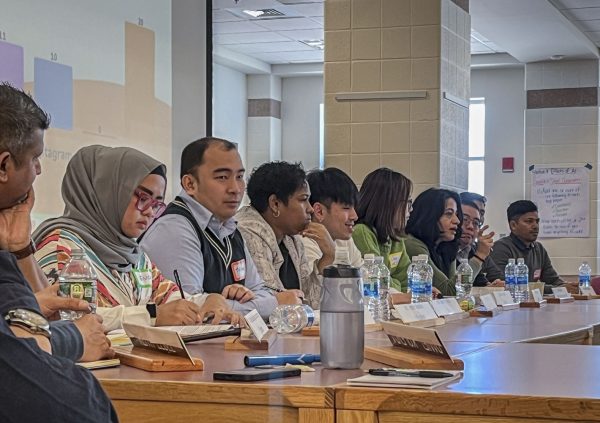
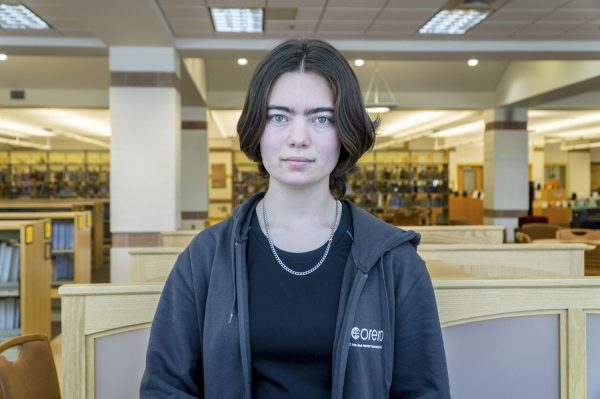
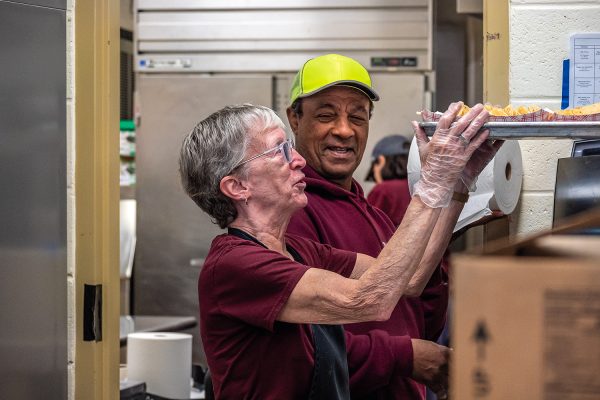

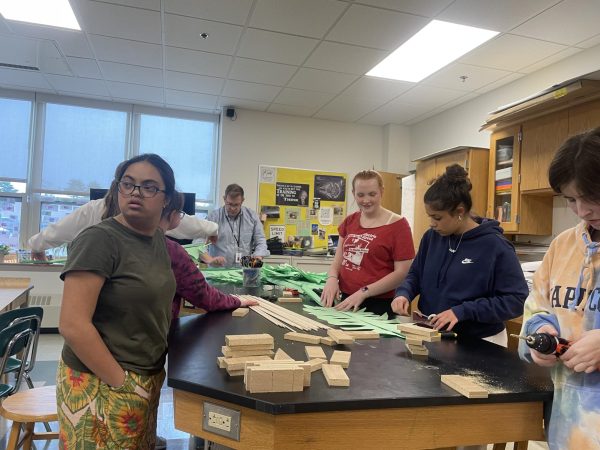
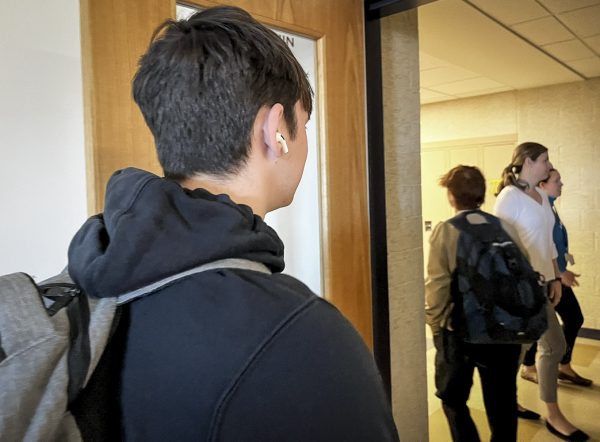

Virginia Hurst • Jun 22, 2016 at 10:40 pm
While Inagree that this issaue is something that should be discussed more and I’m all for eliminating discrimination of any kind this is not the way to go about it. The bake sale did start conversations but that’s about the only positive. Have you ever heard the saying don’t fight fire with fire? Well, you can’t end sexism with sexism. You can’t end racism with racism. You can’t end hate with more hate.